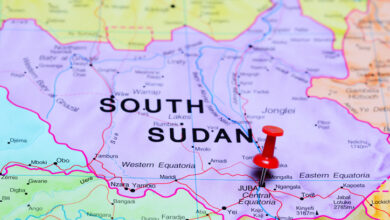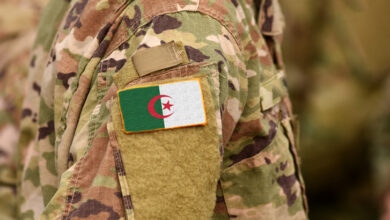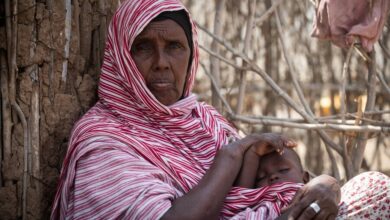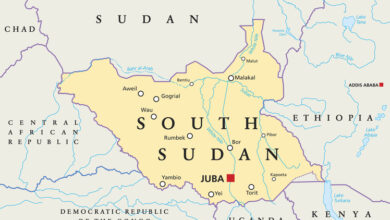CameroonCentral AfricaWorld
Cameroon Election: Sunday Voting Overshadowed By Separatist violence
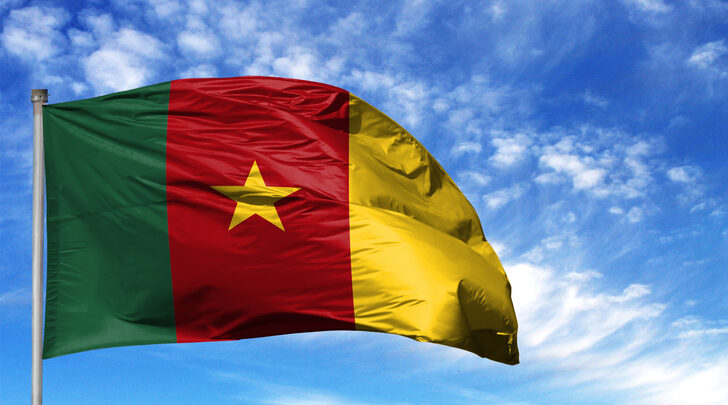
The people of Cameroon voted on Sunday in the much delayed parliamentary and municipal elections that were held for the first time in seven years amid security concerns and an opposition boycott, reported Al Jazeera. The elections were held amid heavy military presence.
“Voting operations were completed across the country in 26,336 polling stations in calm, order and discipline,” Erik Essousse, director-general of the electoral commission, told reporters.
A low turnout of voters was recorded in some of the English-speaking Northwest and Southwest Regions, the center of separatist violence that has displaced thousands of people.
According to witnesses, there was a clash in Muyuka, a rebel stronghold in the Northwest Region, a shooting at Buea, the main town in Southwest region, and in Kuma in the same region.
The ruling party, Cameroon People’s Democratic Movement, is widely expected to retain its majority in Parliament. It backs President Paul Biya, one of the longest-serving leaders in the world, who has held a tight grip on power for 37 of his 86 years.
The main opposition party, the Movement for the Rebirth of Cameroon (MRC), refused to contest in the election after its leader, Maurice Kamto, who spent nine months in jail after his defeat in the 2018 presidential elections, called for a boycott of the elections.
“We could have had a few seats in parliament and some town councilors, but how would that enable us to influence events in Cameroon?” Kamto told AFP in an interview in Paris last month.
The other large opposition party, the Social Democratic Front (SDF), which currently has 18 seats, has contested the election. Official results for both elections are expected in the next few days.
Cameroon is facing separatist violence for the last few months. The armed forces are battling separatists in two English-speaking regions in the west who want to secede from the majority French-speaking country. The 28-month conflict has claimed more than 3,000 lives and forced more than 700,000 people to leave their homes.


